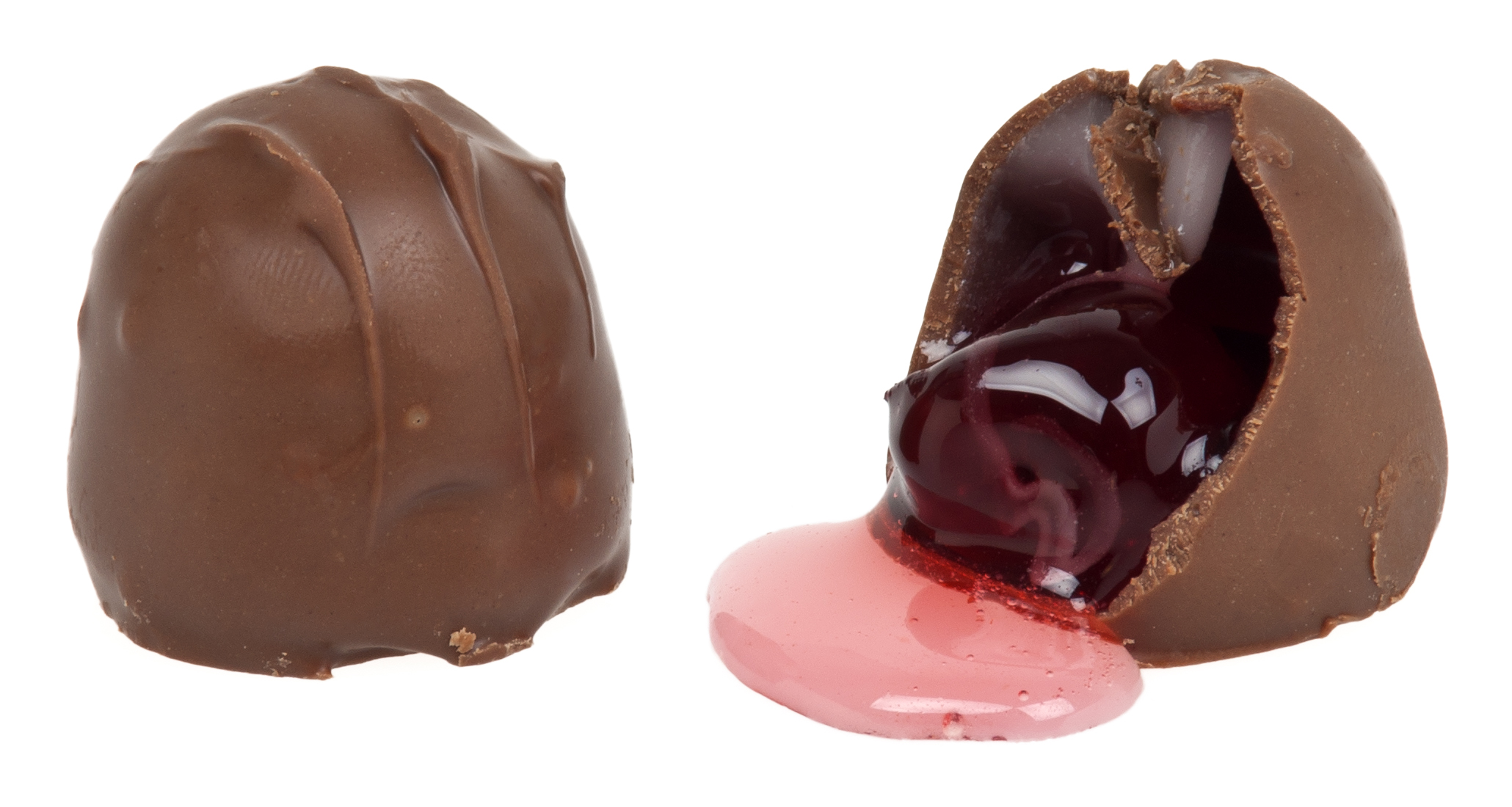Eat all the chocolate you want... and lose weight? ...well, maybe eat chocolate, get fat, and teach your students about false discovery rates
Here is an interesting blog post from John Bohannon, who made news in 2013 with his article in Science exposing the seedy underbelly of the open-access pay-as-you-publish journals. This time Bohannon takes a crack at the junk-science diet industry. He and colleagues first conducted a real study on the effects of dark chocolate as a dietary supplement. Using a small sample size of participants, and lots of dependent variables, they were able to dredge up a p-value less than 0.05, and off they went. After a dubious peer-review, a manuscript was published "establishing" that eating a small amount of dark chocolate everyday can result in weight loss, and their PR machine took over. Soon millions of people were reading headlines like Prevention Magazine's "Lose 10% more weight by eating chocolate every day!).
This could be a great teaching tool for getting students to think both more quantitatively and more skeptically about health claims (and other stories) they read in the news generally, and specifically why they should care about things likeType-I and Type-II error rates.
(The publisher seems to have embarrassedly taken down the published manuscript. Here it is!)

Anonymous @ on
Andrew Gelman, statistics hero, recently wrote about Bohannon's work, describing how the situation (i.e. modern statistical practice and the opportunities for "p-hacking") is worse even than Bohannon describes. For those interested in modern, thoughtful critique of p-values and null hypothesis significance testing in general, you can't do better than Gelman. Read some here.
Cancel Report abuse